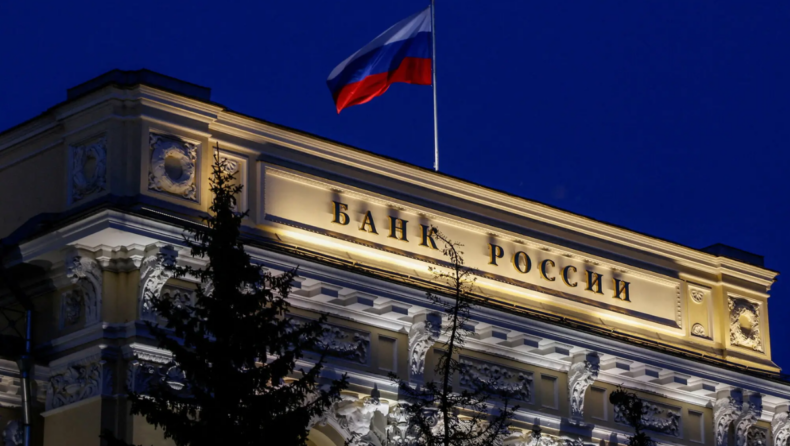
After missing a deadline on Sunday, sources indicate that Russia has defaulted on its foreign debt for the first time in more than a century.
The restrictions prevented Russia from transferring the $100 million payment to international creditors. Despite the fact that Russia has the money and is prepared to do so.
Kremlin wants to avoid the catastrophic harm caused by default
The scenario described as “a farce” by the Russian finance minister. A default would have done serious damage to the country’s reputation. Therefore, Kremlin was desperate to prevent it.
On May 27, the $100 million interest payment was due. According to Russia, the funds were transferred to a bank called Euroclear. It would subsequently distribute the funds to investors.
However, according to Bloomberg News, that payment has been held there. It has not yet reached the creditors.
In the meantime, the Reuters news agency quoted two sources stating certain Taiwanese holders of Russian bonds are using euros as the unit of currency. They have not received interest payments.
It is deemed a default since the money was not received within 30 days of the due date, which was Sunday night.
No immediate effect on real world
Euroclear refusing to confirm the payment has been stopped. Euroclear stated that it abided by all restrictions. Although a symbolic setback, default will not have many immediate real-world effects for Russia.
Normally, countries that have defaulted cannot borrow any additional money. But sanctions have effectively prevented Russia from borrowing in Western markets.
Regardless, Moscow is apparently making nearly $1 billion per day from the sale of fossil fuels. Russian Finance Minister Anton Siluanov stated in April that the nation has no intention of taking on further debt.
Issue with “Legacy”
Chris Weafer is a former top strategist at Russia’s largest bank, Sberbank-CIB, and CEO of Moscow-based consultancy Macro Advisory. According to him, the default will force repayments on a sizable portion of Russia’s debt.
As a result of early repayment clauses in all debt instruments, he explained, “Some portions of that debt will now become automatically due.” If you default on one, it typically triggers an immediate demand for payment on the other debts. So Russia could certainly face immediate debt repayment of about $20bn at this stage.
The last time Russia went into default on a foreign loan was in 1918. It happened during the Bolshevik Revolution. Vladimir Lenin was the new communist leader. He refused to settle the bills of the Russian Empire.
In 1998, at the turbulent conclusion of Boris Yeltsin’s administration, Russia had its last default on any sort of debt. The nation shaken by the trouble crisis. At the time, Moscow was unable to make payments on its domestic bonds. But was successful in keeping its foreign debt current.
Since the United States and the European Union initially implemented sanctions in response to the invasion of Ukraine. It had appeared as though Russia would eventually go into default.
This limited the country’s access to the global financial networks. It handled payments from investors in other countries to those in Russia.
In spite of the fact that Russia is profiting from the sale of expensive commodities like oil. Mr. Weafer claimed that the default would have a “legacy” problem, if the situation with Ukraine and the ensuing sanctions improved.
When we reach that point, “this is the kind of activity which will hang over the economy and make recovery much more difficult,” he warned.
Short -term recession
A Russian debt default won`t have a significant effect on the global markets. It is according to executive economist Takahide Kiuchi of the Nomura Research Institute. He told that investors were anticipating it.
However, he thinks a foreign debt default and international sanctions together will have a detrimental impact on the economy of the nation.
According to Mr. Kiuchi, the Russian economy is predicted to enter a short-term recession and decline by about 10% this year.
Looking further ahead, the government will likely struggle to expand its economy. As it will be unable to borrow money from outside sources for decades, if not 30 years.













